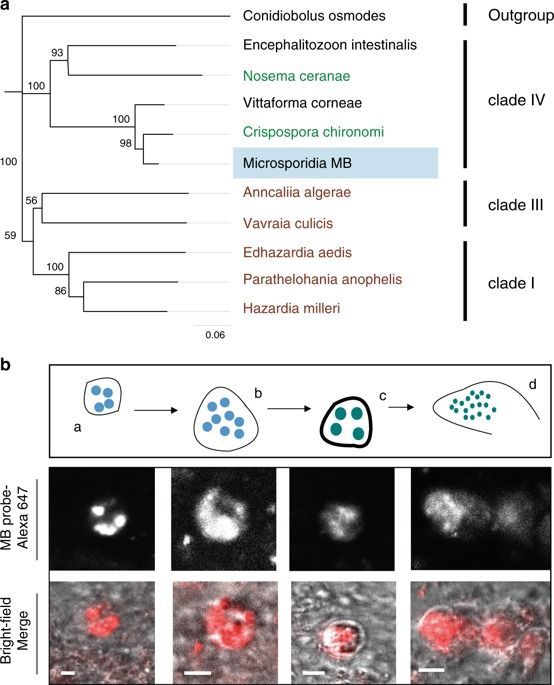A microbe found in mosquitoes that appears to block malaria could be used to control spread of the disease in humans, according to researchers in Kenya and Britain.
In findings published Monday by the journal Nature Communications, the authors describes finding the microbe, Microsporidia MB, in mosquitoes around Lake Victoria in Africa — and that they could not find a single mosquito with the microbe that also had the malaria parasite.
A possible malaria control approach involves the dissemination in mosquitoes of inherited symbiotic microbes to block Plasmodium transmission. However, in the Anopheles gambiae complex, the primary African vectors of malaria, there are limited reports of inherited symbionts that impair transmission. We show that a vertically transmitted microsporidian symbiont (Microsporidia MB) in the An. gambiae complex can impair Plasmodium transmission. Microsporidia MB is present at moderate prevalence in geographically dispersed populations of An. arabiensis in Kenya, localized to the mosquito midgut and ovaries, and is not associated with significant reductions in adult host fecundity or survival. Field-collected Microsporidia MB infected An. arabiensis tested negative for P. falciparum gametocytes and, on experimental infection with P. falciparum, sporozoites aren’t detected in Microsporidia MB infected mosquitoes. As a microbe that impairs Plasmodium transmission that is non-virulent and vertically transmitted, Microsporidia MB could be investigated as a strategy to limit malaria transmission.










Comments are closed.